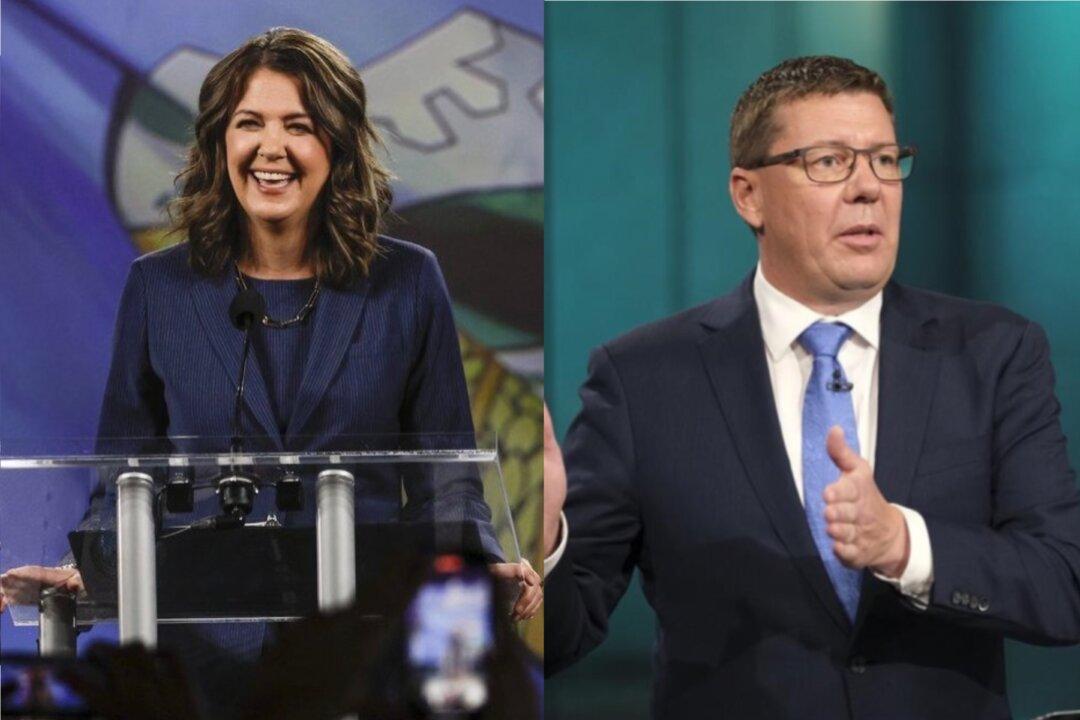Several premiers are calling for more exemptions from the carbon tax, saying the decision by Prime Minister Justin Trudeau to halt the tax on heating oil does not address affordability issues plaguing their provinces.
On Oct. 26, Mr. Trudeau announced that heating oil would be exempted from the federal fuel charge for three years, starting Nov. 9, in all jurisdictions where it is in effect. While the Liberals estimate that the pause will save an average household that uses heating oil $250, the prime minister made it clear that his government will work with provinces to phase out home heating oil and switch to electric heat pumps eventually.





